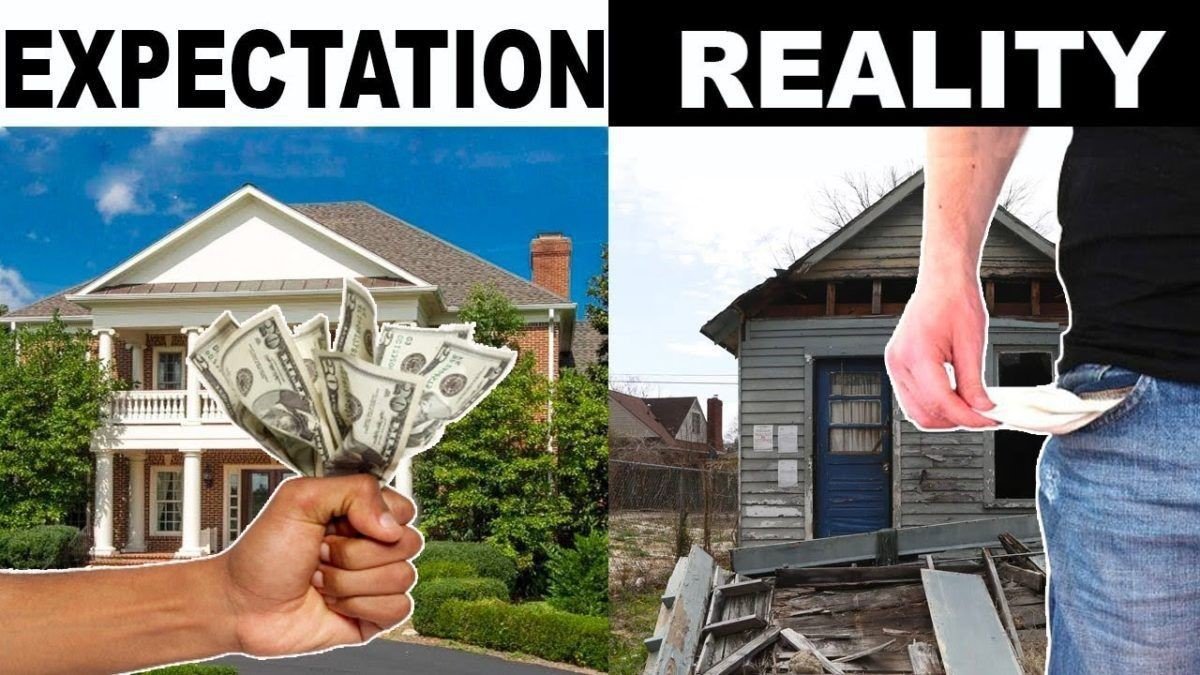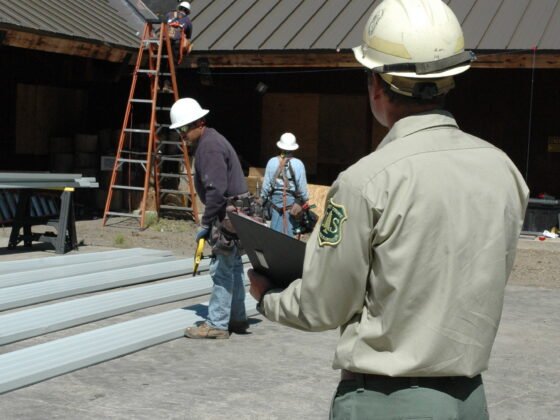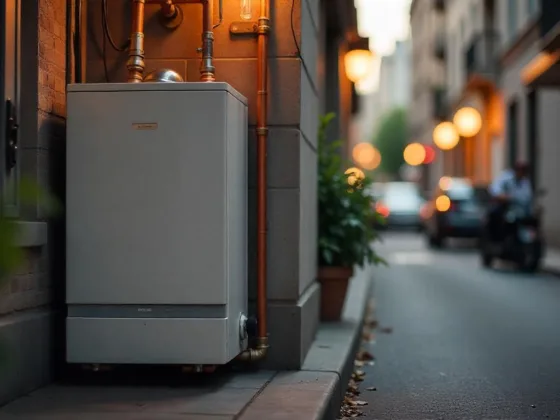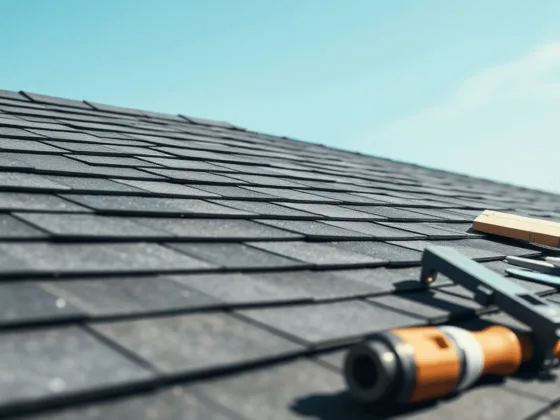Many first-time homebuyers believe that as long as they can afford the estimated monthly mortgage, it should make for a good buy. What they don’t realize, however, is that it’s just the tip of the iceberg.
There are, in fact, several other factors that will come into play when buying a house, which is why first-time buyers often feel shocked once they realize the true cost of homeownership.

This is why it’s important to do your research before making any purchase decision. If you’re ready to commit to the long haul, then making the purchase should turn out to be a good investment.
Now all you need to do is make sure you have the capital for its purchase and maintenance. That said, here are some realities of homeownership that are commonly eclipsed by idealistic expectations. Hopefully, this will help you approach your investment from a more practical standpoint.
Expectation: Down Payment, Bank Financing, and Other Upfront Costs
A down payment is typically at least 10 percent of the property’s actual sales cost. What many first-time homebuyers tend to expect is that as long as they have the cash prepared for the down payment, it should be fine.
The bank financing can take care of the rest, anyway. Unfortunately, this is an unrealistic view of things. The down payment is an important element of the sale, but it’s just one of the several expenditures required upfront.
A home inspection must be conducted as part of the requirements for your bank financing application. The price ranges from $400 to $600, depending on the size of the property. This cost can go higher in case of additional inspections for issues found, such as pest infestation or mold growth.
Rounding off the rest of the expenditures you need to fulfill upfront are the closing fees. This will typically cost an additional three to five percent of your loan amount. Enclosed in it are fees for land transfer taxes, title insurance, and appraisal fees, among others.
Read Also:
Expectation: You can Forego Home Insurance
Technically speaking, this is actually correct. Home insurance policies are not required by law. However, your mortgage financier will likely require you to get property insurance. The coverage should apply at least until you’ve paid off your loan.
They can recommend insurance companies for you to work with, but you can definitely do your own research. Sites like Insurry say to try to determine what the typical homeowner’s insurance price is in your area right now.
Then you can work with your real estate agent to get it processed, so you can move forward with your loan application. Other loan application requirements you should prepare are your personal income tax and credit history report.
Expectation: Property Maintenance Cost Remains the Same
Don’t forget to compute the recurring costs you’ll have in order to maintain the new property you bought. One of the common misconceptions of new homeowners is that their monthly spending will more or less stay the same.
Especially if there wouldn’t be any significant change to the number of residents. However, even if you stay roughly in the same size of the property, with the same number of people staying in it, you should reasonably expect some changes in your regular expenditures for home maintenance.
It could be that the cost of electricity will be different because there are more rooms in the property, or that the neighborhood you’re moving into has Homeowner’s Association dues.
You might have a bigger lawn and backyard, which means higher water use, and so on and so forth. The point is that the cost of maintenance varies depending on the facilities, utilities, and neighborhood of your new property. Do anticipate these adjustments to your budget.
These are but some realities involving the costs of homeownership. It’s highly recommended that you do your research well before making any moves to buy a house.










